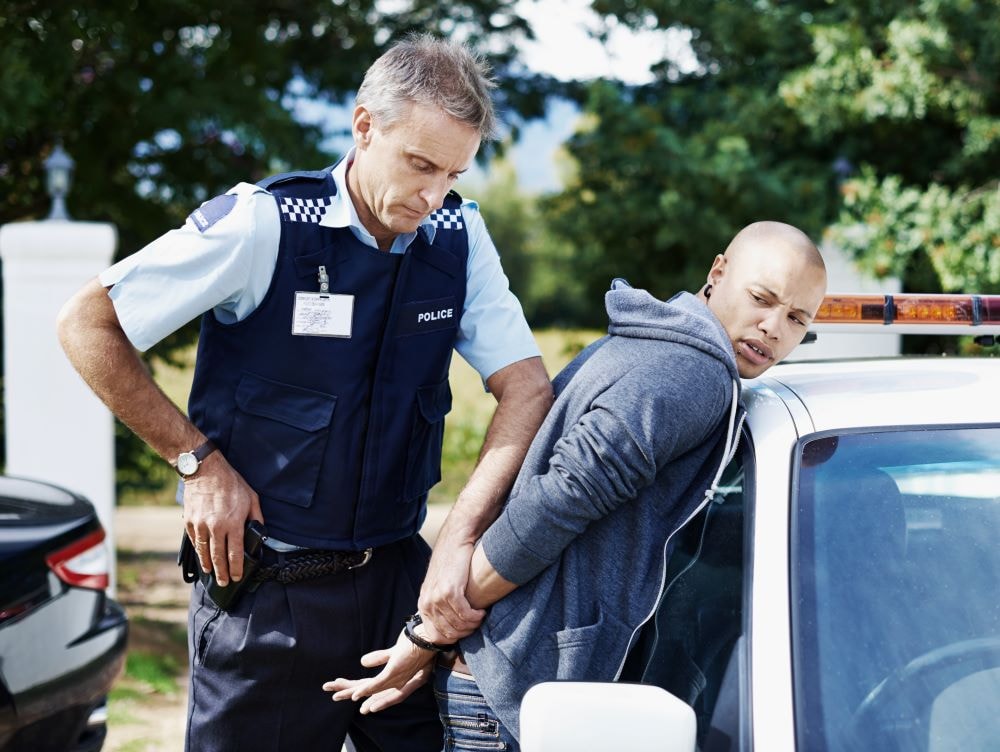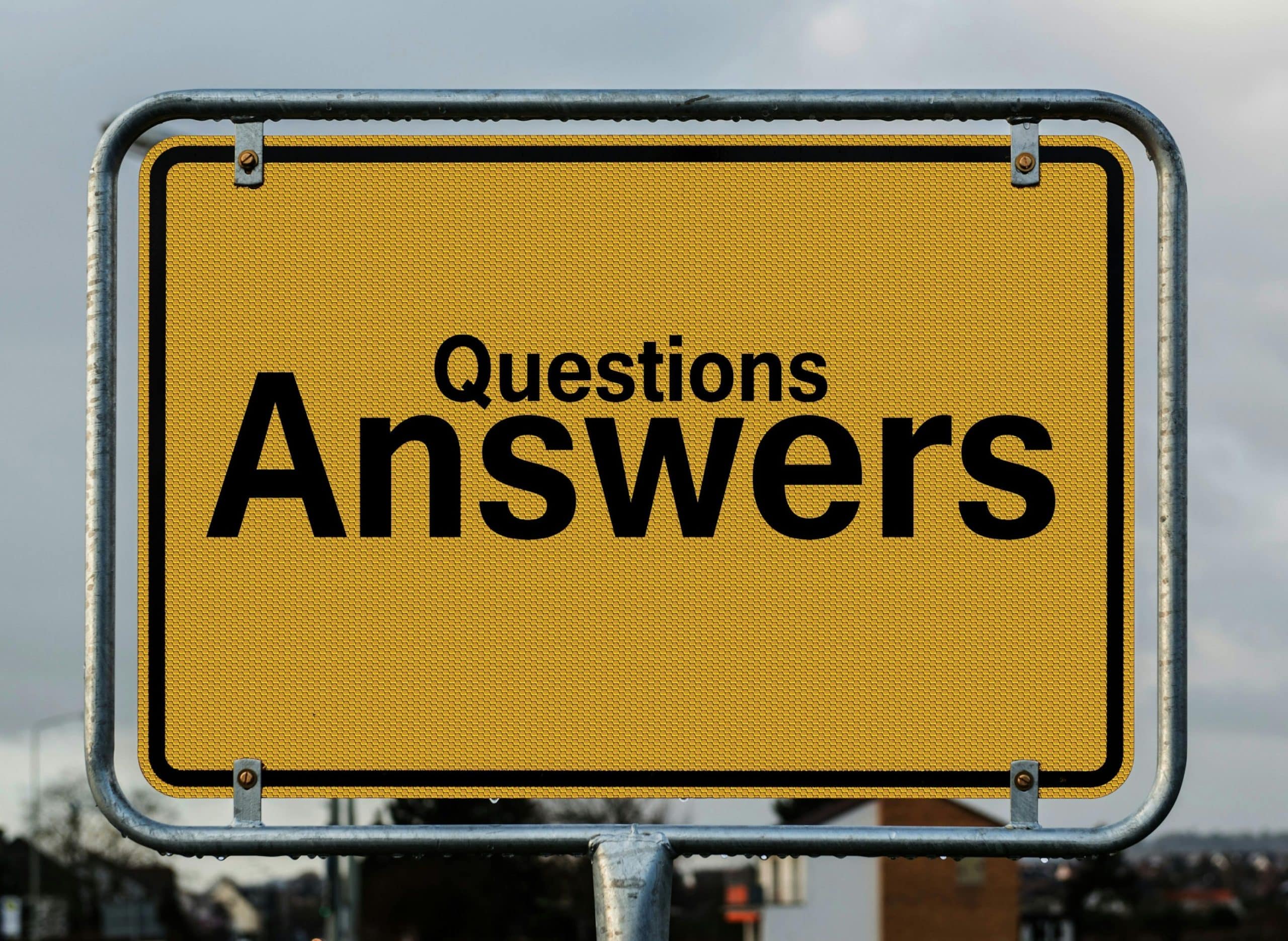
In recent years, the use of tasers by law enforcement officers has been a subject of intense scrutiny and debate. The situation becomes even more contentious when the use of such force involves minors. A school resource officer or a general police officer are there to protect students.
However, incidents involving school resource officers are also pretty common. We have the prime example of the Connecticut officers who tased suspect several times as man begged him to stop charged with cruelty.
The school police ends up harming students and minors in these circumstances. However, what can one do about these school officers in these situations?
If you’re wondered the same question, and the options against government agencies, this guide is perfect for you. We will help with the legal implications and potential consequences of police using tasers on children.
It is crucial for parents, guardians, and anyone concerned with public safety and justice. Ultimately, it saves parents and guardians while taking action against serious harm done by officers.
What Constitutes Taser Abuse on Minors?
Tasers, also known as conducted electrical weapons (CEWs), are devices used by police officers to subdue suspects through electrical shocks. While tasers are generally considered non-lethal, their use can still result in significant physical and psychological harm, especially to young people.
Taser abuse occurs when these devices are used excessively or inappropriately, particularly when dealing with minors who may not pose an immediate threat.
Situations Leading to Taser Abuse
- Excessive Force: Using a taser on a minor who is not posing an immediate threat or is already restrained.
- Lack of Proper Training: Officers who are not adequately trained in dealing with minors may misuse tasers.
- Inappropriate Settings: Using tasers in school settings or on students who are not engaged in violent behavior.
State Laws on Tasers
Laws regarding the use of tasers by law enforcement vary from state to state. In many other states, there are guidelines and regulations intended to ensure that the use of force, including tasers, is appropriate and justified.
These laws are designed to protect vulnerable populations, including children, from excessive or unjustified use of physical force by police officers.
Key Points of Law
- Use of Force Continuum: Law enforcement agencies must follow a use of force continuum, which prioritizes de-escalation and the use of non-lethal methods before resorting to tasers.
- Training Requirements: Police officers must undergo training on the appropriate use of tasers, especially concerning minors.
- Reporting and Accountability: Incidents involving the use of tasers must be documented and reviewed to ensure compliance with state laws and departmental policies.
Can Police Taser a Minor?
The question of whether police can taser a minor is complex and depends on the circumstances. While law enforcement officers are generally permitted to use tasers, their use on minors is subject to stricter scrutiny and guidelines.
Officers must demonstrate that the use of a taser was necessary and that less harmful methods were not feasible.
Guidelines for Taser Use on Minors
- Immediate Threat: The minor must pose an immediate threat to the safety of the officer or others.
- Severity of the Situation: The use of a taser should be proportional to the severity of the situation.
- De-escalation Efforts: Officers should have attempted other de-escalation techniques before resorting to a taser.
Are Tasers on Children an Excessive Use of Force?
Using tasers on children can be considered an excessive use of force, particularly if the child is not armed or posing a significant threat. The physical and psychological impact of tasers on young people can be severe, making their use a last resort.
Potential Consequences
- Physical Harm: Children are more susceptible to serious injuries from tasers, including heart problems, muscle damage, and other physical injuries.
- Psychological Impact: The trauma of being tasered can lead to long-term psychological effects, including anxiety, depression, and PTSD.
How Often Do Police Use Tasers on Teens?
Incidents of police using tasers on teens are not uncommon, and such cases often attract significant public attention and outrage.
Various reports and studies indicate that tasers are used on minors more frequently than one might expect, raising concerns about the appropriateness and safety of such practices.
Statistics and Reports
- Incident Reports: Police departments are required to report all uses of tasers, including those involving minors. These reports help track the frequency and context of such incidents.
- Public Outcry: High-profile cases often lead to public outcry and calls for stricter regulations and accountability.
Effects and Dangers of Taser Use on Minors
The use of tasers on minors can have severe and lasting effects. Understanding these risks is crucial for assessing the appropriateness of their use in any given situation.
Physical Dangers
- Serious Injury: Tasers can cause serious injuries such as burns, muscle damage, and even heart complications.
- Long-term Health Issues: Repeated or severe taser use can lead to long-term health problems, including chronic pain and mobility issues.
Psychological Dangers
- Trauma: The experience of being tasered can be highly traumatic, especially for young people.
- Mental Health Issues: Minors who are tasered may develop mental health issues such as PTSD, anxiety, and depression.
What to Do if Police Use a Taser on a Minor
If a minor is tasered by the police, it is essential to take immediate and appropriate action to ensure their safety and protect their legal rights.
Immediate Steps
- Seek Medical Attention: Ensure that the minor receives prompt medical attention to address any injuries or complications resulting from the taser.
- Document the Incident: Collect as much information as possible about the incident, including witness statements, video recordings, and police reports.
Legal Actions
- Consult an Attorney: Contact a lawyer who specializes in cases involving excessive use of force by law enforcement.
- File a Complaint: Submit a formal complaint to the police department and any relevant oversight bodies.
Can You Sue Police for Using a Taser on a Minor?
Yes, it is possible to sue the police for using a taser on a minor, especially if the use of force was excessive or unjustified. Legal action can hold police officers and individual police departments accountable for their actions and seek compensation for any harm caused.
Grounds for a Lawsuit
- Excessive Force: Demonstrating that the use of the taser was excessive and unnecessary given the circumstances.
- Violation of Rights: Proving that the minor’s rights were violated during the incident.
Legal Considerations
- Evidence Collection: Gathering sufficient evidence to support the claim of excessive force and harm.
- Statutes of Limitations: Filing the lawsuit within the legal time frame allowed by state laws.
When Can You Sue Police for Using a Taser on a Minor?
Lawsuits against police for using a taser on a minor can be filed under specific circumstances where the use of force was clearly unjustified or excessive.
Specific Scenarios
- Non-threatening Behavior: The minor was not posing a threat or was already restrained.
- Failure to Follow Protocol: The police officer did not follow proper procedures or de-escalation techniques.
How Can You Sue Police for Using a Taser on a Minor?
Suing the police for using a taser on a minor involves several legal steps and requires the expertise of a qualified attorney.
Legal Process
- Consultation: Meet with an attorney to discuss the case and determine its viability.
- Filing a Complaint: The attorney will help file a formal complaint with the police department and any relevant oversight bodies.
- Lawsuit: If necessary, the attorney will file a lawsuit in civil court seeking compensation for damages.
Evidence Required
- Medical Records: Documentation of any injuries or medical treatment resulting from the taser use.
- Witness Statements: Testimonies from witnesses who observed the incident.
- Police Reports: Official reports detailing the incident and the use of force.
Legal Considerations and Damages
When suing police for using a taser on a minor, several legal considerations come into play, including the type and amount of damages that can be recovered.
Types of Damages
- Compensatory Damages: Cover medical expenses, therapy costs, and any other financial losses incurred.
- Punitive Damages: Punish the police officers and department for their actions and deter future misconduct.
- Non-economic Damages: Compensate for pain, suffering, and emotional distress experienced by the minor.
Legal Strategy
- Proving Liability: Demonstrating that the officers acted negligently or with excessive or deadly force.
- Negotiation and Settlement: Working towards a settlement with the police department or taking the case to trial if necessary.
How an Attorney Can Assist in Cases of Police Tasing a Minor
Dealing with a legal case involving the use of a taser on a minor by law enforcement can be complex and challenging. An experienced attorney is instrumental in guiding you through this process, ensuring your rights are protected, and working towards a favorable resolution. Here’s how an attorney can help:
- Legal Advice and Guidance: An attorney helps you understand your rights and evaluate the viability of your case, ensuring you take the best course of action.
- Evidence Collection: They assist in gathering and preserving crucial evidence, such as medical records and witness statements, to support your case.
- Filing Complaints and Lawsuits: Attorneys file formal complaints with relevant oversight bodies and prepare all necessary legal documents to initiate a lawsuit. However, there are a few questions to ask yourself before filing the lawsuit.
- Legal Representation: They represent you in court, presenting your case and negotiating with the police department or their legal representatives for a settlement.
- Building a Strong Case: By proving liability and bringing in expert testimonies, attorneys build a compelling case to demonstrate police negligence or excessive force.
- Maximizing Compensation: They calculate the damages you are entitled to and work to secure the maximum possible compensation for your injuries and trauma.
- Protection from Retaliation: They help protect you from potential retaliation by law enforcement or other parties involved in the case.
- Ensuring Accountability: Attorneys ensure police officers and departments are held accountable, potentially leading to policy changes to prevent future incidents.

Need Help with a Taser Incident Involving a Minor? Contact BLG Today!
The use of tasers by police on minors is a highly sensitive issue that requires careful consideration of legal and ethical implications. While law enforcement officers have the authority to use force when necessary. It is crucial to ensure that such force is justified and proportional, especially when it involves young people.
If your child has been subjected to taser use by law enforcement, it’s crucial to understand your rights and the legal options available.
At BLG, we are dedicated to protecting the rights of minors and holding police officers accountable. We will help you file cases for excessive use of force. Our experienced attorneys can guide you through the legal process. This ensures that justice is served and that you receive the compensation your family deserves.
Contact us today for a free consultation.





